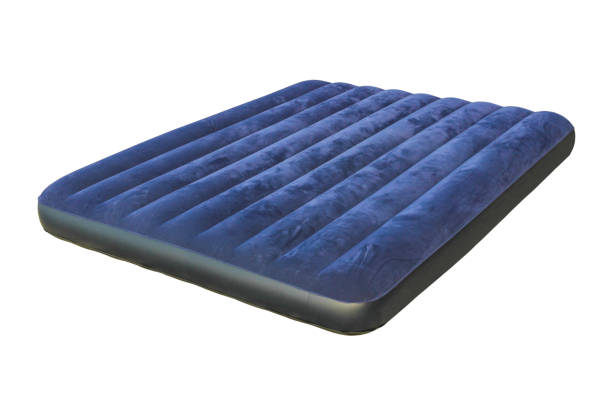A Good Night’s Rest: How to Choose the Best Mattress for Quality Sleep
Quality sleep is essential for overall well-being, and your choice of a mattress plays a pivotal role in ensuring a comfortable and restful night’s sleep. With the myriad of options available in the mattress market, selecting the right one can seem like a daunting task. However, by considering key factors and understanding your personal preferences, you can make an informed decision that leads to a better night’s sleep.
1. Determine Your Sleep Position:
Your preferred sleep position is a crucial factor in selecting the right mattress. Different positions require various levels of support and firmness:
- Back Sleepers: A medium-firm mattress typically provides the right balance of support and comfort for back sleepers.
- Side Sleepers: Softer mattresses with adequate cushioning are ideal for side sleepers to relieve pressure on hips and shoulders.
- Stomach Sleepers: Stomach sleepers usually benefit from a firm mattress that keeps the spine aligned.
- Combination Sleepers: If you frequently change positions during the night, a mattress with medium firmness can accommodate various sleeping styles.
2. Consider Mattress Types:
There are several mattress types to choose from, each with its unique features and benefits:
- Innerspring Mattresses: These have coil springs for support and may include layers of foam or padding.
- Memory Foam Mattresses: Memory foam contours to your body, offering excellent pressure relief and comfort.
- Latex Mattresses: Natural or synthetic latex mattresses provide a supportive and durable sleep surface.
- Hybrid Mattresses: Hybrid mattresses combine the benefits of different materials, such as innerspring and memory foam.
- Air Mattresses: Adjustable air mattresses allow you to customize firmness levels on each side of the bed.
3. Assess Firmness Levels:
Firmness is a critical aspect of comfort. Mattresses are typically rated on a scale from 1 to 10, with 1 being extremely soft and 10 being very firm. The ideal firmness level for you depends on your sleep position and personal preferences. Most people find medium-firm mattresses (around 5-7 on the scale) to be comfortable.
4. Consider Special Features:
Some mattresses offer extra features to enhance your sleep experience:
- Cooling Technology: Some mattresses are designed with cooling materials to regulate body temperature.
- Motion Isolation: If you share your bed, look for mattresses that minimize motion transfer for uninterrupted sleep.
- Edge Support: Strong edge support can prevent the feeling of falling off the bed and make it easier to get in and out.
- Hypoallergenic Materials: Allergy sufferers may benefit from mattresses made with hypoallergenic materials.
5. Set a Budget:
Decide on a budget range before shopping for a mattress. High-quality mattresses come in a range of prices, so it’s essential to find a balance between affordability and comfort.
6. Test the Mattress:
Whenever possible, try out a mattress before purchasing it. Visit mattress stores to lie down and assess comfort and support. If in-store testing is not feasible, take advantage of online mattress companies that offer generous trial periods.
7. Read Reviews and Seek Recommendations:
Customer reviews and recommendations from friends or family who have purchased the same mattress can provide valuable insights into comfort, durability, and overall satisfaction.
Selecting the best mattress for quality sleep is a personalized process. Your choice should align with your sleeping habits and preferences. A comfortable and supportive mattress not only ensures restorative sleep but also contributes to your overall health and well-being. By considering your unique needs and understanding the available options, you can make a confident decision that will improve the quality of your slumber.







1 Comment
smatteringly
December 31, 2023 @ 15:00
smatteringly xyandanxvurulmus.kRcjXqHTkgav
Leave Comment